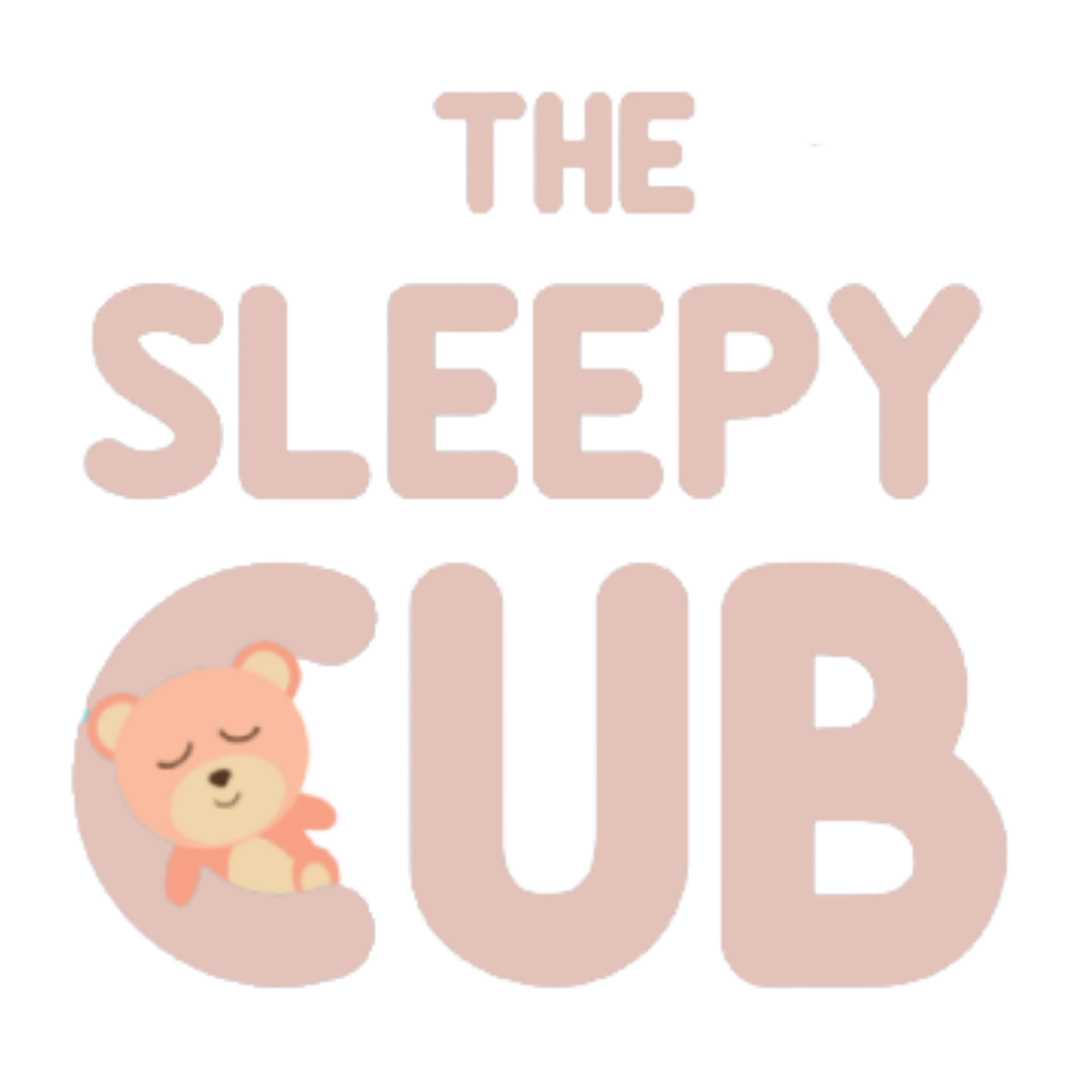Parents who are eager to get their newborns on the right track with their sleep schedule often wonder: is melatonin for babies safe? Here’s what we know so far.
Babies are the most precious of all humans.
They have a lot to learn and experience in this world, so it is important for parents to do everything they can to keep them safe.
One thing that many parents are unsure about is melatonin and whether or not it’s safe for babies.
This post will discuss melatonin for babies and why you shouldn’t give it to your newborn. Stay tuned until the end, where we look at alternative solutions to your child’s sleep problems.
What is melatonin?
Melatonin is a hormone that your body naturally produces when it starts to get dark. This helps make you sleepy and can help regulate the internal clock in your brain. In some cases, doctors may prescribe melatonin for babies with sleep disorders or other health problems related to their circadian rhythms, such as autism, ADHD, dementia, depression, and bipolar disorder.
How does melatonin work?
Melatonin works by resetting your natural sleep rhythm. The melatonin levels in your body naturally rise and fall with the day to night cycle, waking you up when it’s dark out and helping you feel sleepy when it starts to get light outside. When a person takes too much melatonin at nighttime or is not exposed to enough sunlight, they can have trouble with their natural sleep and wake cycles.
3 reasons why melatonin is not safe for your newborn
Some pediatricians may recommend melatonin for babies with sleep problems, or parents might try it themselves. However, melatonin is not meant for kids and should be avoided. Here are three reasons why:
It’s not regulated as well as drugs
Did you know that the Food and Drug Administration (FDA) doesn’t regulate supplements such as melatonin in the same way as drugs? As melatonin is licensed as a natural health product, companies that produce it aren’t subjected to the same rigorous testing procedures like pharmaceuticals.
In other words, the FDA cannot make sure that the melatonin you are getting is safe and effective. That means you don’t have any reassurance that the package of melatonin pills you picked up for your little one actually contains doses consistent with what it says on the label.
It won’t solve all of your child’s sleep issues
Surely, giving melatonin to your newborn will help him go to sleep – at least for the night.
However, this supplement won’t fix all of your child’s sleep issues.
For instance, it won’t help a child:
- Who’s waking up early in the morning
- Who has to learn good sleep habits
- Who’s suffering from colic
- Who’s waking up with nightmares
If you want a real solution to your child’s sleep problems, you have to find a better alternative than a sleeping supplement.
There’s little research to support its benefits
Another issue with melatonin for babies is that only a small number of studies examine the long-term effects of melatonin. Animal studies show that melatonin affects many body systems, including reproductive, cardiovascular, immune, and metabolic systems. Scientists still don’t know how melatonin can affect a developing infant.
Alternative solutions to your baby’s sleep problems
Here are some things you can do to deal with your child’s sleep problems and make sure natural melatonin gets released at bedtime:
Consistent bedtime routine
We’ve talked about the importance of a consistent bedtime routine in many of our blogs.
A soothing bedtime routine can help soothe and calm your child so he’s ready for sleep. What’s more, it can also help teach your baby good sleep habits that will stick for a long time.
The best bedtime routine for your child depends on what your baby prefers. You can start with a warm bath before reading him a book.
Sometimes a nice, relaxing massage works, too. Simply place your baby on his back and begin by slowly rubbing each tiny body part.
Follow the same bedtime routine every night, and eventually, your little one will understand that a warm bath and a massage means that it’s time for nighttime sleep.
Dark sleep environment
Dark sleep environments are conducive to sleep.
Make sure the room your child sleeps in is dark and quiet. A good way to make sure it stays dark even in those early morning hours is by getting blackout curtains.
White noise machines, on the other hand, are a great trick to encourage good sleep patterns in your newborn. These machines do two things right: they soothe babies to go to sleep, and they also drown out annoying sounds that might prevent your infant from getting high-quality sleep.
Self-soothing and proper sleep associations
Self-soothing involves teaching your little one to put himself to sleep.
This is an essential skill that will prepare him for a lifetime of sound sleep and independence in the long run. Learning how to go from being awake and alert to fully asleep without any help from you is critical in overcoming your child’s sleep problems.
If your little one masters the art of self-soothing, you will no longer worry about him waking up at night. He will be able to drift off to sleep on his own. This ensures that you, too, will get a night of sound sleep and wake up all refreshed and ready to seize the day.
Final word
Although melatonin can be an effective supplement for people suffering from insomnia and ADHD, giving it to newborns is not recommended.
There are three main reasons why melatonin for babies is not the best idea:
- There’s not enough research to support its effectiveness
- It won’t solve all of your child’s sleep problems
- Supplements are not regulated as well as pharmaceuticals
Instead of relying on melatonin to get your baby to sleep, consider setting up a consistent bedtime routine and teaching your baby how to self-soothe.
And if the process of establishing healthy sleep habits in your child seems challenging, consider hiring a sleep trainer.
As an expert in this field and someone who’s had great success using these techniques myself, I recommend sleep training to all parents struggling with their child’s sleeping habits. Sleep training has been proven to help babies learn how to self-soothe on their own after a few weeks of consistent instruction from the parent.
Good luck!


